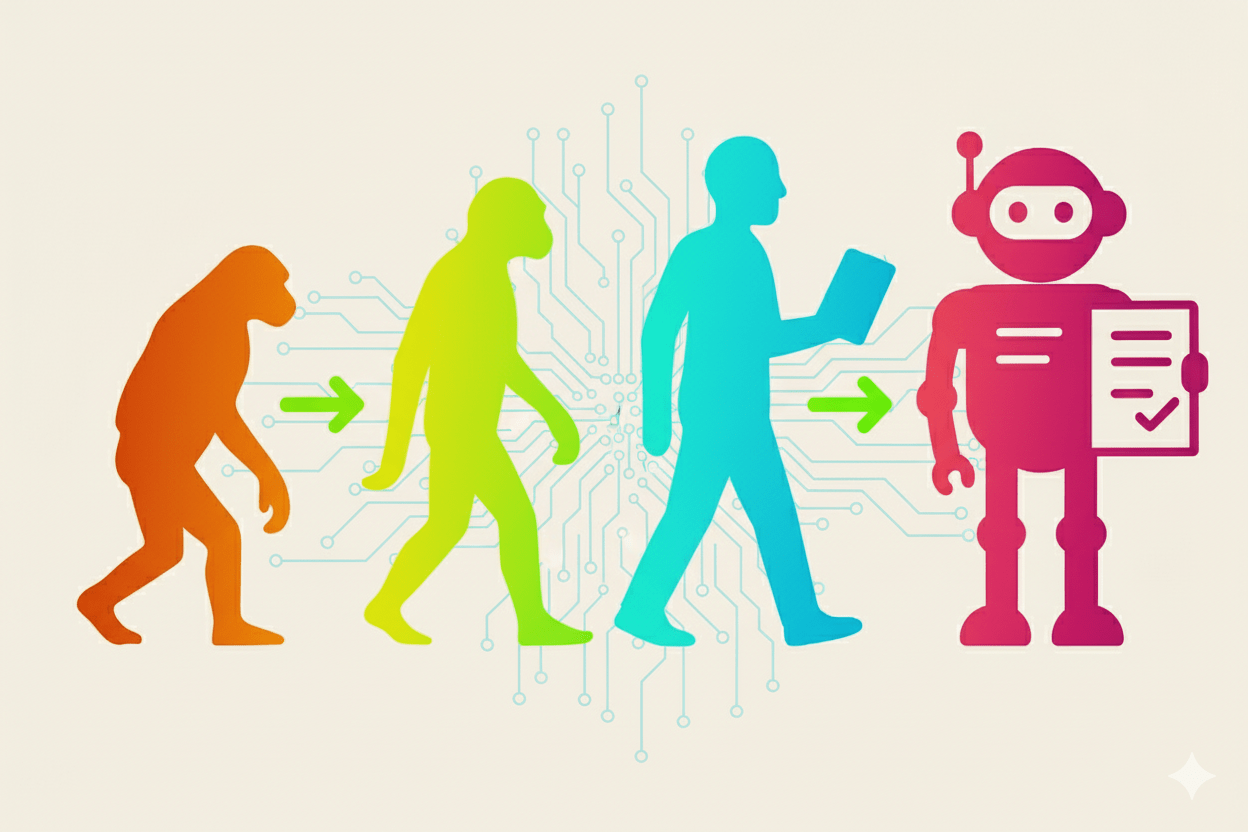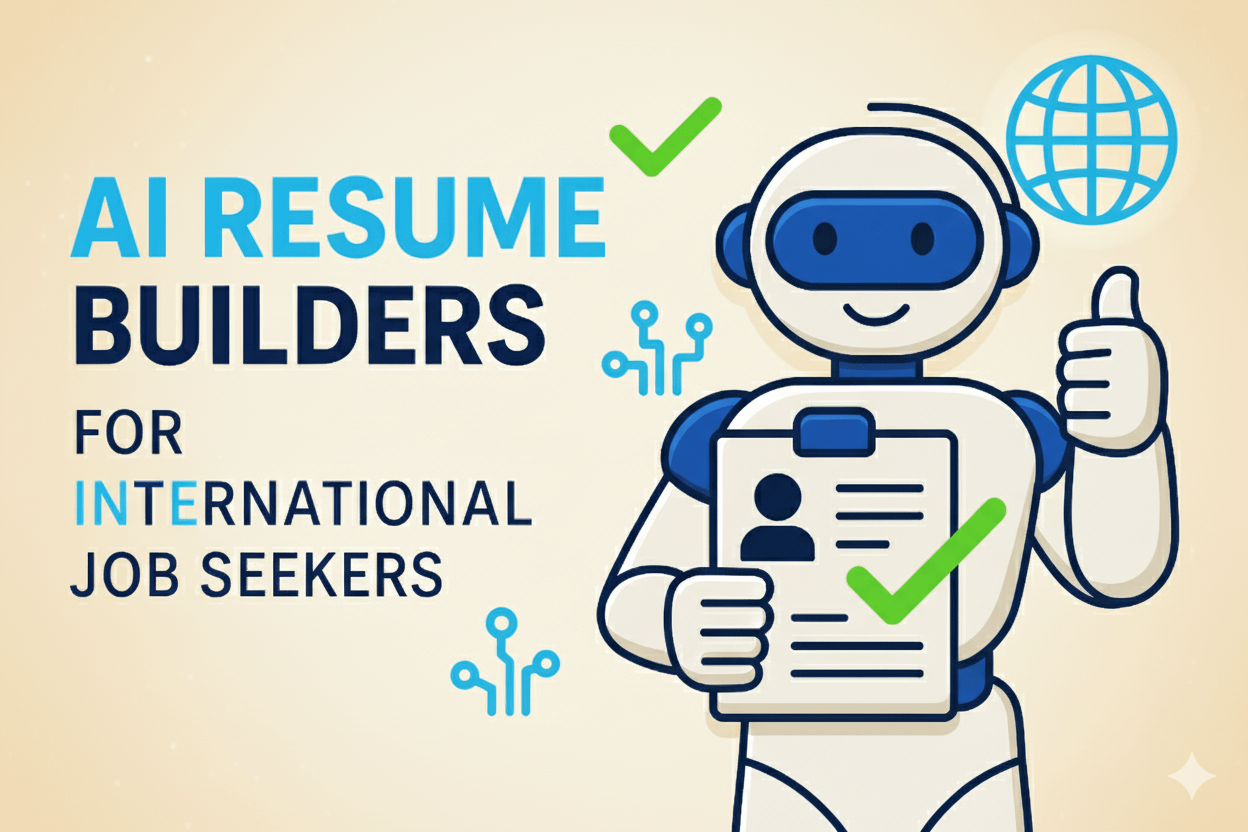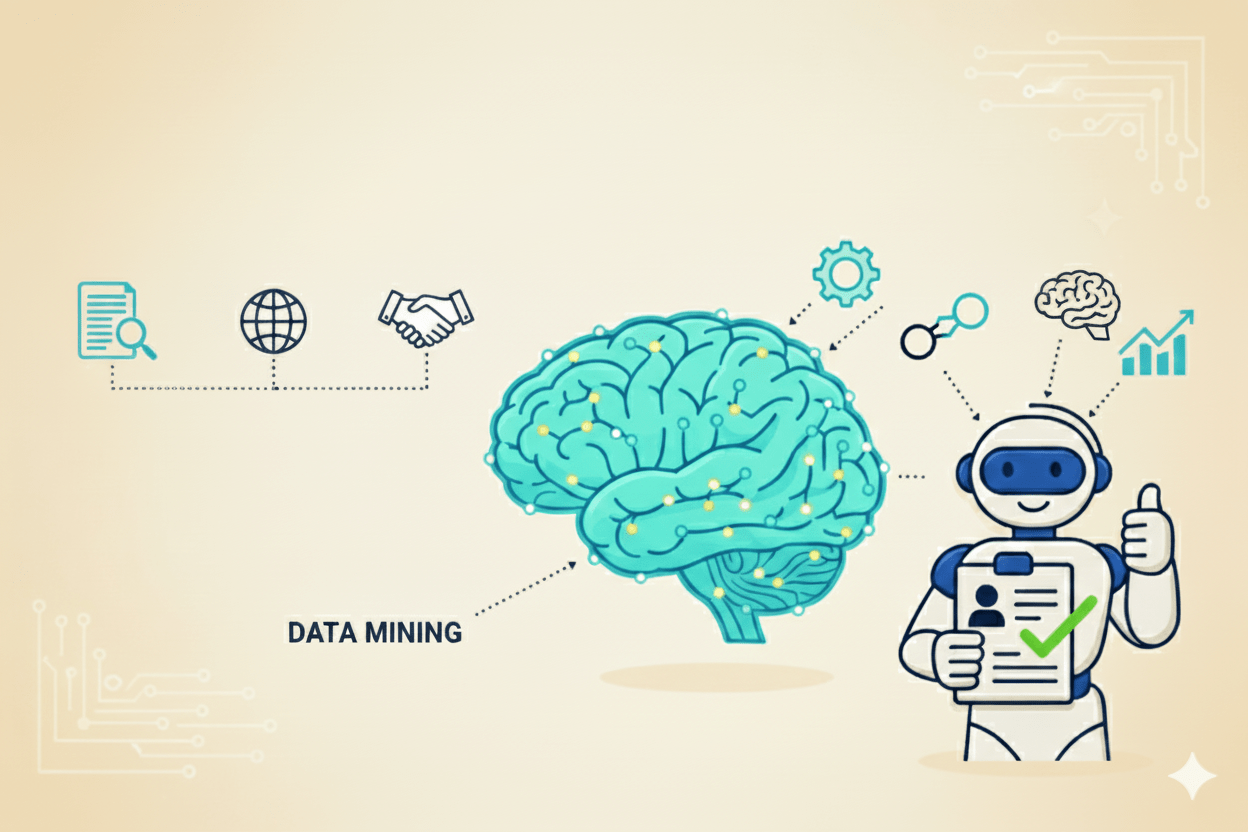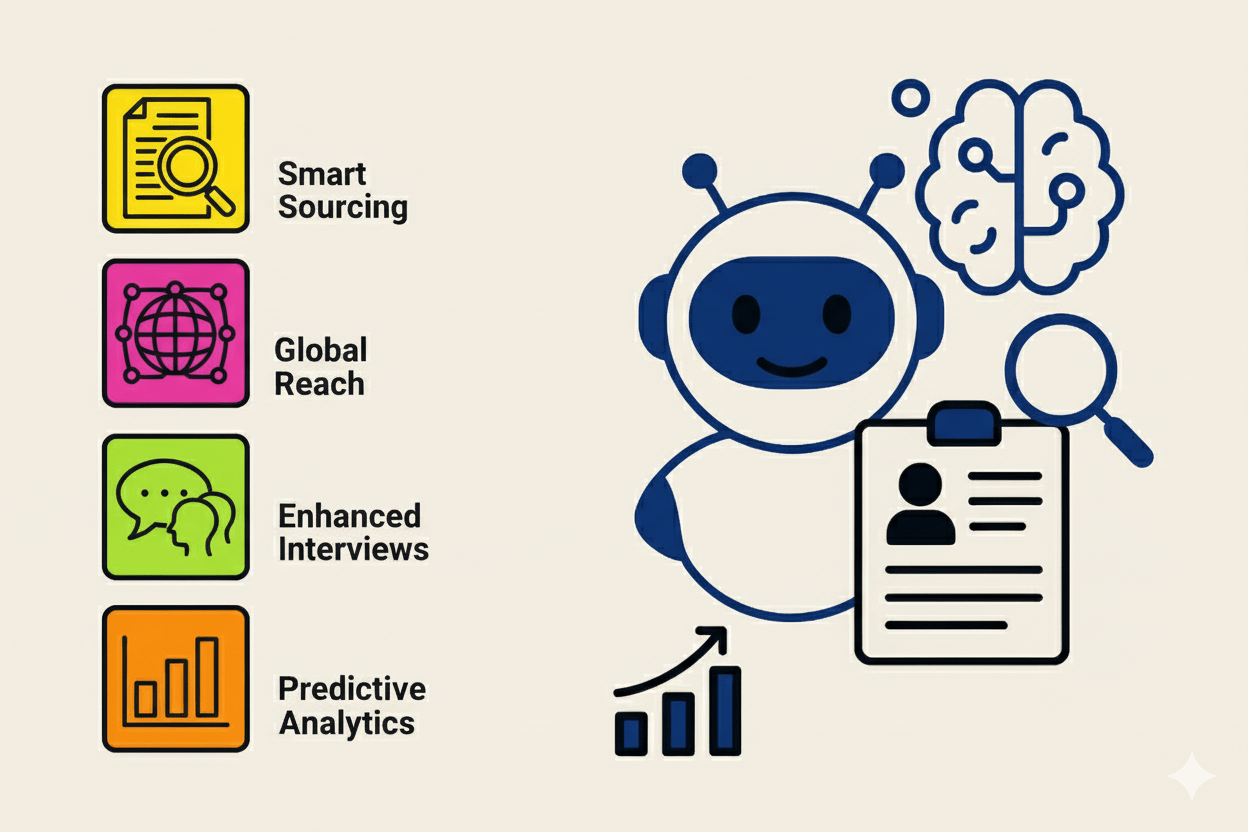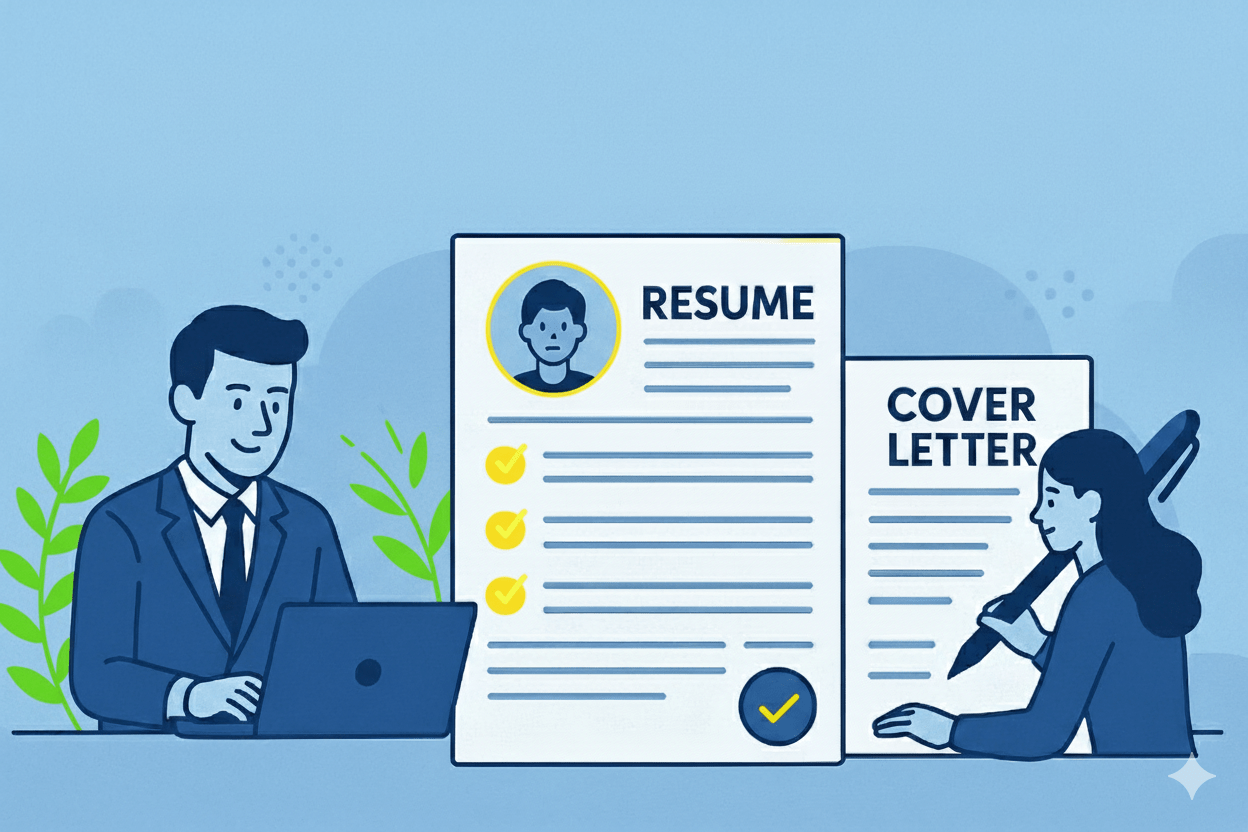Upskilling for AI-Driven Job Markets
Title: Upskilling for AI-Driven Job Markets: Future-Proof Your Career Through Continuous Learning
Introduction
Artificial intelligence (AI) is rapidly transforming industries and reshaping the very nature of work. While automation raises concerns about job displacement, it also creates abundant opportunities for new roles and skill demands. Upskilling, or strategically enhancing your existing skills and developing new ones, is crucial for remaining competitive and adaptable in this AI-driven environment. Let’s delve into the high-demand skills and strategies for future-proofing your career.
Why Upskilling for AI Matters
- Adapting to a Changing Landscape: AI adoption is accelerating. Upskilling helps you evolve with evolving job roles, making you better positioned for promotions or potential career transitions.
- Avoiding Skills Obsolescence: As AI automates routine tasks, possessing adaptable, AI-adjacent skills helps you remain invaluable to any team or organization.
- Unlocking New Opportunities: Upskilling in AI-focused areas paves the way to emerging roles that often offer competitive salaries and potential for long-term growth.
In-Demand Skills for the AI Era
Let’s highlight the key areas where upskilling will yield the most significant returns:
- Data Science and Analytics:
- Ability to collect, process, and analyze large datasets
- Knowledge of statistical techniques and machine learning models
- Tools: Python, R, SQL, Tableau, Power BI
- Programming and Development:
- Proficiency in Python (most popular for AI), Java, C++, JavaScript
- Understanding of software development principles
- Familiarity with AI frameworks (TensorFlow, PyTorch)
- Cloud Computing:
- Cloud platforms like AWS, Microsoft Azure, Google Cloud Platform
- Cloud architecture principles, virtual machine configuration, security
- Cybersecurity:
- Understanding of network security protocols and threat prevention
- Ethical hacking and penetration testing methodologies
- Familiarity with security tools and frameworks
- Soft Skills:
- Critical thinking and problem-solving
- Ability to communicate complex AI concepts to non-technical stakeholders
- Creativity for innovative AI applications
- Adaptability and continuous learning mindset
Upskilling Strategies
- Identify Your Goals: Determine your interests and what new skills best align with your desired career trajectory.
- Online Learning Platforms: Utilize platforms like:
- Coursera (https://www.coursera.org/)
- Udemy (https://www.udemy.com/)
- edX (https://www.edx.org/)
- DataCamp (https://www.datacamp.com/)
- Microcredentials and Bootcamps: Consider specialized programs for intensive, focused skill development.
- Mentorship and Communities: Tap into industry mentors and online AI communities for guidance and support.
- Project-Based Learning: Build your portfolio with practical AI projects, even if self-initiated.
Additional Tips for Effective Upskilling
- Set Realistic Goals: Break down learning into manageable chunks and set milestones to maintain motivation.
- Apply Your Learning: Find ways to utilize new skills in your current role or side projects, solidifying your understanding.
- Showcase Your Skills: Update your resume, LinkedIn profile, and online portfolios to highlight your new AI-related expertise.
Statistics on Upskilling and AI
- A [McKinsey study] indicates that by 2030, up to 375 million workers globally may need to switch occupations due to AI and automation.
- According to a [World Economic Forum report], over 50% of all employees will need significant reskilling by 2025 due to advances in technology.
Conclusion
Upskilling for AI-driven job markets isn’t just about survival – it’s about unlocking new possibilities and thriving. Embrace continuous learning and a proactive attitude toward skill development, recognizing it as an ongoing investment in your future employability. The AI transformation is an opportunity for those who are prepared!

